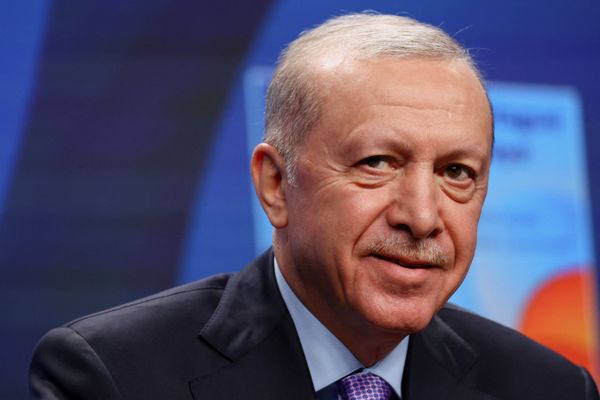ANKARA, July 9 — A Turkish court has blocked access to some content from Grok, developed by Elon Musk-founded company xAI, after authorities said the chatbot generated responses insulting President Recep Tayyip Erdoğan, modern Turkiye's founder Mustafa Kemal Atatürk, and religious values.
Concerns over political bias, hate speech, and factual inaccuracy in AI chatbots have mounted since the launch of OpenAI's ChatGPT in 2022, with Grok dropping content accused of antisemitic tropes and praise for Adolf Hitler.
On Wednesday, Ankara chief prosecutor's office said it launched an investigation, and marked Turkiye's first such ban on content from an artificial intelligence tool.
Authorities cited violations of laws that make such insults a criminal offence punishable by up to four years in prison.
Neither X (formerly Twitter), nor its owner Elon Musk could immediately be reached for comment. They have not referred to the decision on the platform.
Last month, Musk promised an upgrade to Grok, suggesting there was "far too much garbage in any foundation model trained on uncorrected data".
Grok, which is integrated into X, reportedly generated offensive content about Erdogan and Ataturk when asked certain questions in Turkish, media said.
The Information and Communication Technologies Authority (BTK) adopted the ban after the court order.
Broadcaster NTV later cited Transport and Infrastructure Minister Abdulkadir Uraloğlu as saying that Turkey had not yet imposed a total access ban on Grok, but that it would do so if necessary, adding Turkish authorities would discuss the issue with X.
Istanbul Bilgi University cyber law expert Yaman Akdeniz said that the authorities had identified some 50 posts by Grok as the basis for the investigation, ruling on the access ban and removal of certain content to "protect public order".
"Turkey has become the first country to impose censorship on Grok," he said on X.
Turkey has significantly increased oversight of social media platforms and online streaming services in recent years, passing laws to give authorities more control over content. This has included detaining or arresting individuals for posts, launching probes into companies, and limiting or blocking access to specific sites.
Critics argue that the law is often used to suppress dissent, while the government claims it is necessary to protect the office's dignity.
— Reuters




